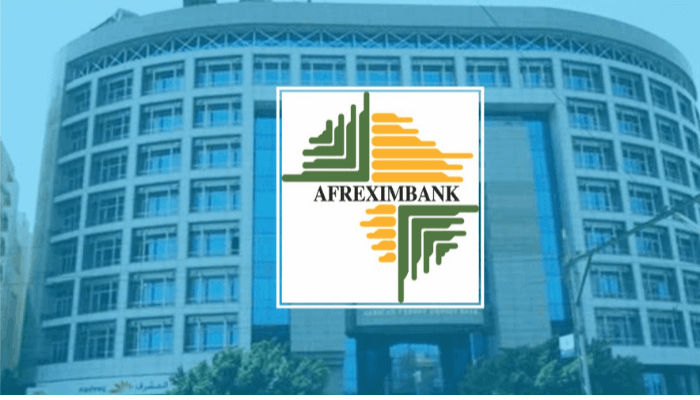Business
Nigeria gets Afreximbank’s $1bn loan in May

Nigeria is set to receive a $1.05bn syndicated loan backed by oil from the African Export-Import Bank next month.
The loan is part of a larger $3.3bn prepayment facility arranged by Afreximbank, with repayment terms tied to crude cargoes from the Nigerian National Petroleum Company Ltd.
According to Bloomberg, Afreximbank’s Senior Executive Vice President for Finance, Administration, and Banking, Denys Denya, confirmed the verification of crude availability, paving the way for the final release of the balance within the next month.
The loan aims at reviving Nigeria’s economy and enhancing the supply of hard currency in the local foreign exchange market. A substantial portion of it — two-thirds, was already disbursed in January.
This financial manoeuvre is designed to provide Nigeria with immediate funds based on future oil production, offering a lifeline to the country’s struggling economy.













